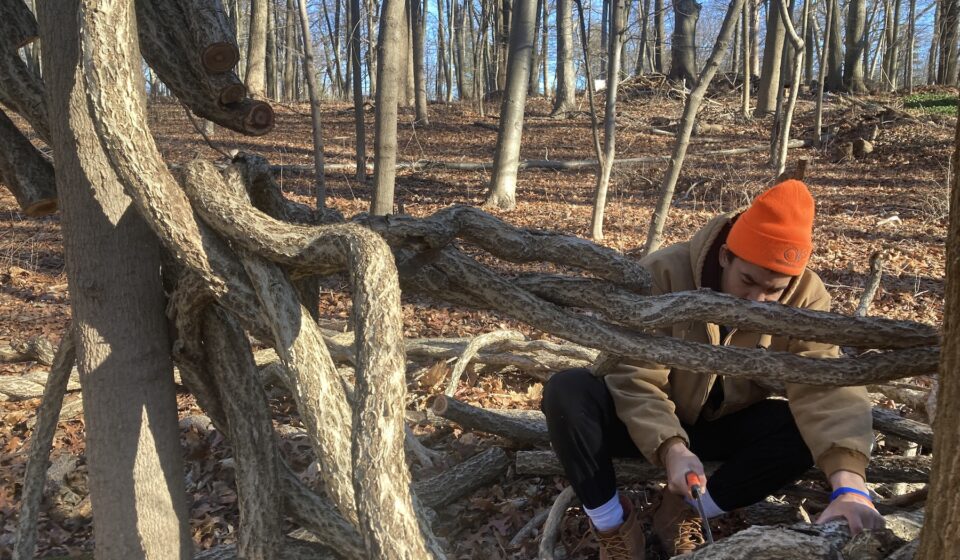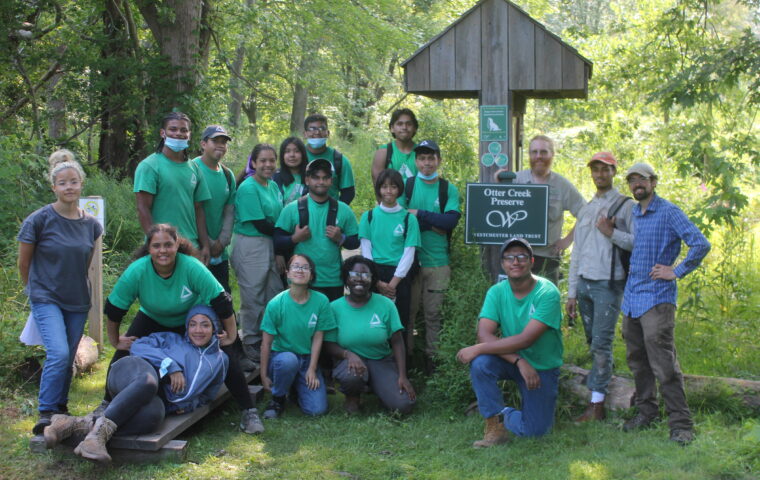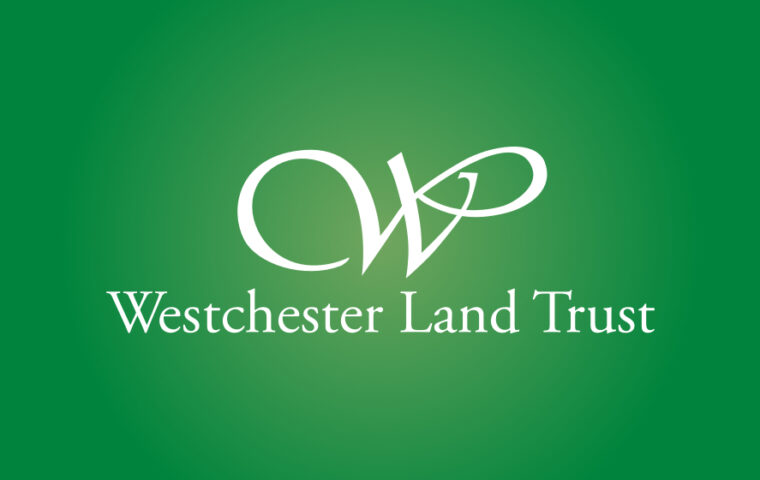
Bedford Hills, NY—Westchester Land Trust (WLT), a nationally accredited land conservation nonprofit headquartered in Bedford Hills, NY, announced they received a significant investment that will help transform local forests. An anonymous donor granted $100,000 to WLT to support efforts to improve forest health and combat the many challenges threatening trees across the region.
Forested landscapes throughout Westchester County and beyond are facing increasing struggles, with pests and diseases decimating many of our most common trees. In just the last decade, ash trees have become functionally extinct across much of the region. Over the last century, entire tree species, like chestnut, elm, and hemlocks, have mostly been erased from the landscape, and beech may be next, due to the emerging spread of beech leaf disease.
When mature trees die off or are damaged, young trees are prevented from taking their place because invasive plants from Europe and Asia seize the opportunity to invade and outcompete native plants for resources. Adding to the pressure, Westchester’s forests are severely overgrazed by an unsustainably large deer population, limiting natural tree regeneration. These threats leave forests vulnerable to other stressors, like climate change, which often brings extreme weather events like drought one year, deluges of rain the next, and high winds.
“Although there’s no shortage of challenges facing our forests, this transformative grant will play a crucial role in improving the natural places that sustain our communities,” said Kara Whelan, president of Westchester Land Trust. “By taking action now, we can ensure that future generations have trees to shade them, filter the air they breathe, and protect the clean water they drink. We’re grateful to our visionary anonymous donor and the many volunteers who are helping to bring this work to life.”
The forest health initiative relies on simple solutions that, when done on a large scale, can make a difference against even the biggest challenges. The six-figure investment will support an ambitious plan to restore the health of WLT’s forested preserves, including:
- Vine cutting at 60 targeted areas across 13 preserves to relieve trees of a massive stressor and freeing up their strength to stand tall against other threats. This is done in the winter by cutting the vines at ground level and head height to prevent future growth.
- Planting 450 trees this spring and fall at 11 preserves.
- Erecting a 10-acre deer fence at WLT’s Frederick P. Rose Preserve (Lewisboro) to allow for regeneration in areas that are expected to experience a massive dieback of mature trees due to beech leaf disease. This work will be done by WLT’s conservation apprentices and Groundwork Hudson Valley’s Green Team.
- Protecting young trees in forest clearings outside deer exclosures at 10 preserves to encourage their growth with tree tubes that prevent deer browse.
“Our forests are important to our well-being—hiking strengthens our bodies and our minds and provides critical ecosystem services like climate change mitigation and flood protection,” remarks Janelle Robbins, vice president of conservation. “This life-changing grant gives us the opportunity to enact simple, strong practices and we invite the community to join us.”
WLT welcomes people of all ages and experiences to get involved in this work:
- Volunteers are needed to help with vine cutting and tree planting. Send an email to ben@westchesterlandtrust.org to receive information about upcoming volunteer outings.
- Landowners interested in protecting their land through conservation easements can contact gentian@westchesterlandtrust.org to learn more.
- Visit westchesterlandtrust.org, to follow WLT’s progress and amplify the initiative’s impact through donations.





